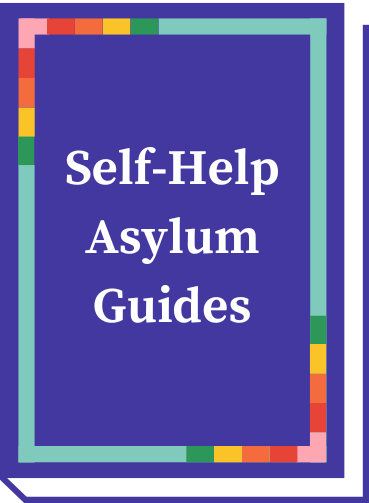Eligibility
The information contained herein is for reference only and may not be up to date. It does not constitute legal advice. You should always consult an attorney regarding your matter.
Last updated: June 3, 2020
The Trump administration has imposed additional requirements for applicants to be eligible to qualify for asylum.
In addition to the different eligibility factors detailed below, note that the Trump administration has created additional rules that may affect an asylum seeker’s eligibility to apply for asylum. For more information on these rules, click here.
An asylum seeker must prove that they have a well-founded fear of persecution based on one or more of five grounds:
- Race
- Religion
- Nationality
- Membership in a particular social group (Most LGBTQ/HIV-positive individuals who apply for asylum qualify under this category)
- Political opinion
Since 1994, United States immigration law has recognized persecution on account of sexual orientation as a basis for asylum. Transgender individuals and HIV-positive individuals have also won asylum cases. Moreover, some people who have engaged in LGBTQ or HIV-positive rights activism in their home country and fear persecution on that basis may be eligible to apply for asylum under the “political opinion” category.
Persecution is mistreatment that is inflicted either directly by the government, or by individuals whom the government cannot or will not control. The law does not give an exact definition of what persecution is, but generally it is described as more serious than simple harassment or discrimination. Nevertheless, many kinds of mistreatment might rise to the level of persecution, especially if the abuse was frequent over a long period of time.
In addition to the different eligibility factors detailed below, note that the Trump administration has created additional rules that may affect an asylum seeker’s eligibility to apply for asylum.
In general, asylum seekers must file an asylum application within one year of their last arrival to the U.S. If an applicant misses the one-year filing deadline, their asylum application will be denied unless they meet a legally recognized exception to the deadline.
If an applicant has been convicted of a “particularly serious crime” in the United States, that individual is not eligible for asylum. People who have been sentenced to a combined total of 5 or more years of imprisonment for “aggravated felonies,” and people who have criminal convictions related to selling drugs are almost always considered to have committed a particularly serious crime. Other types of criminal convictions that may be considered “particularly serious crimes” are those that involve significant violence, harm, or a serious risk of injury to others. Additionally, an applicant’s commission of a “serious nonpolitical crime” outside of the United States, persecution of others, or participation or support of terrorist groups, may also make the applicant ineligible for asylum. Ultimately, it is an immigration judge who decides whether a crime is particularly serious, an aggravated felony or a serious nonpolitical crime.
The information contained herein is for reference only and may not be up to date. It does not constitute legal advice. You should always consult an attorney regarding your matter. Last updated:…
The information contained herein is for reference only and may not be up to date. It does not constitute legal advice. You should always consult an attorney regarding your matter. Last updated:…
The information contained herein is for reference only and may not be up to date. It does not constitute legal advice. You should always consult an attorney regarding your matter. Last updated:…
The information contained herein is for reference only and may not be up to date. It does not constitute legal advice. You should always consult an attorney regarding your matter.







